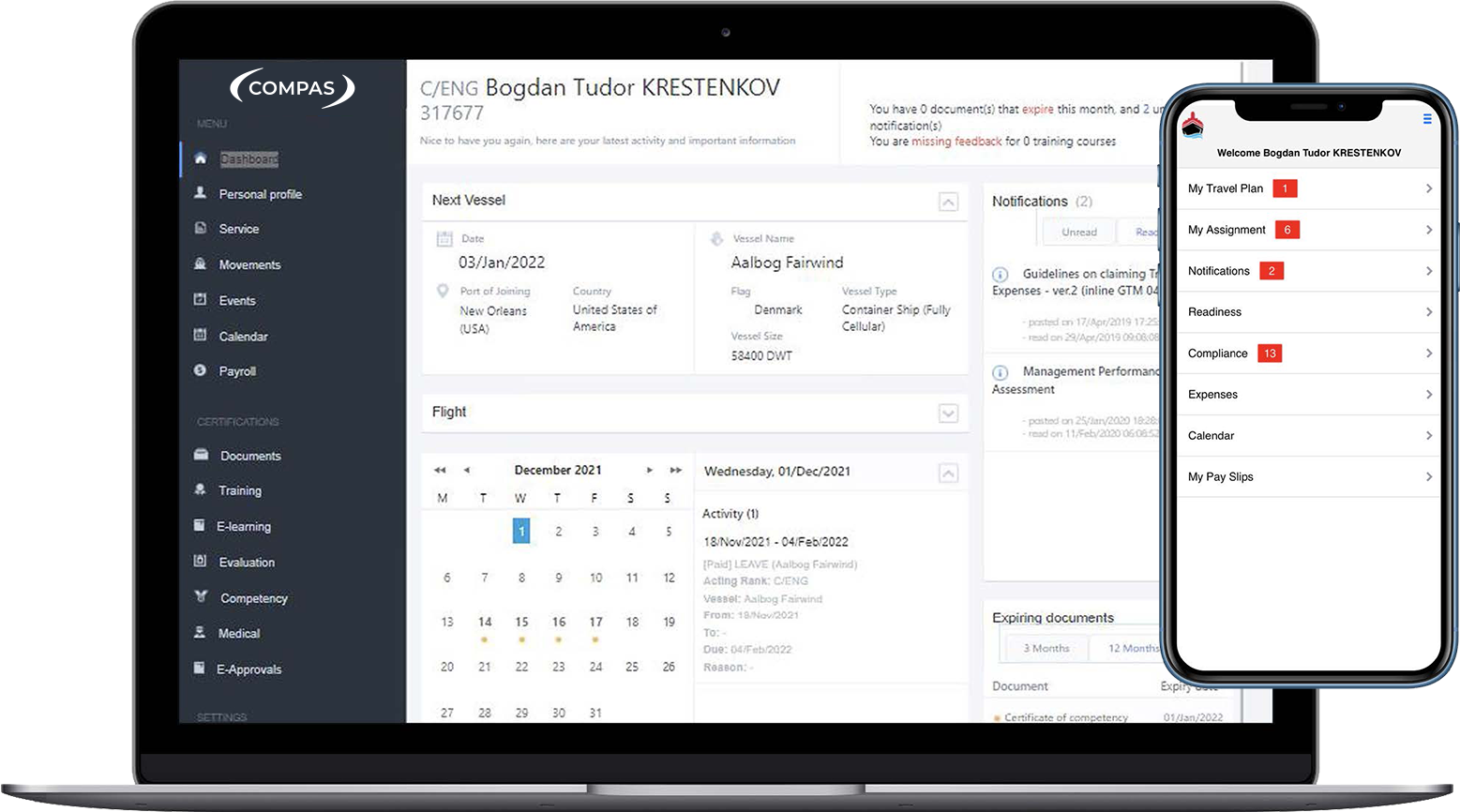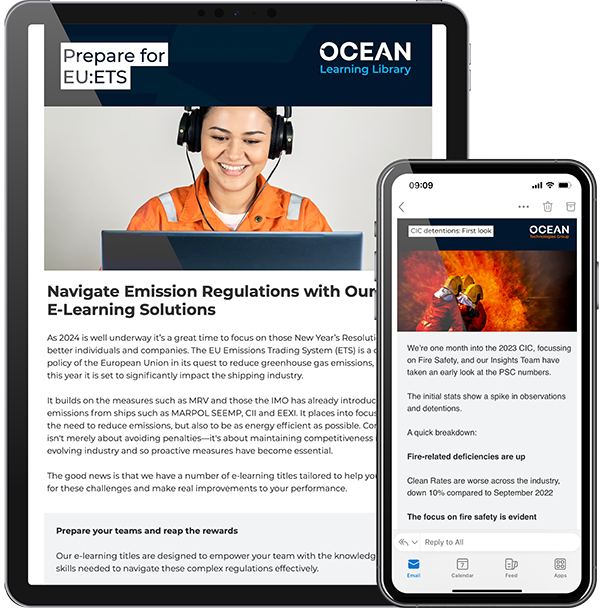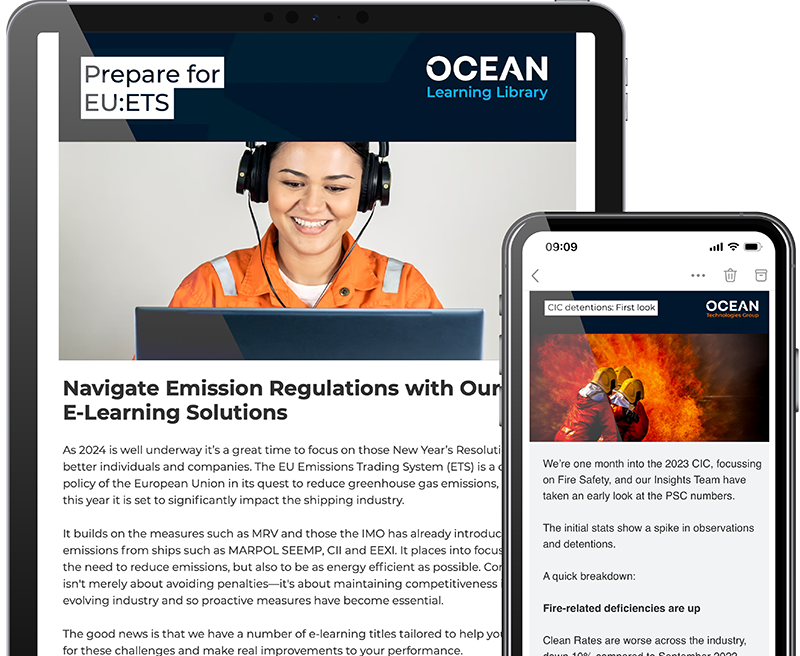From Crewing to Maritime HR
Crewing is changing. In response to an increasingly competitive market for top talent, leading shipping companies are evolving their approach to recruiting and retaining seafarers. The traditional approach to crew management, which is predominantly concerned with the logistics of moving seafarers on and off ships, is evolving into a more holistic approach that encompasses all aspects of an employee’s journey through a company.
This approach is often referred to as Maritime HR and sees crewing professionals applying best practices from land-based and non-maritime HR in key areas such as talent acquisition and employee engagement. Through these tactics, crew satisfaction is increased, and retention rates are improved, resulting in a reduction of recruitment costs – all critical in today’s tough crewing market.
Maritime HR demands a diverse skill set and the ability to balance an understanding of the nuances of regulatory compliance and of planning rotations and crew change logistics with more typical HR functions like recruitment and payroll administration. As such, HR professionals from outside the shipping industry underestimate how tough and complex it can be and can find adapting to the fast pace, relentless pressure, and high price of failure to be a steep learning curve. Naturally, it becomes much easier for seasoned crewing personnel to adopt an HR approach, rather than the other way around.
What HR best practices can we bring to our daily crewing operations?
Develop an HR customer service attitude
Good HR professionals understand that organisations must develop a customer service mindset across all functions to succeed. Every employee serves a customer, be they external or internal. For Maritime HR, our seagoing colleagues are our internal customers, and we should always strive to offer excellent customer service with every interaction.
Build an Employer Value Proposition (EVP)
Our EVP is the pledge we make to our employees that rewards their dedication and commitment. It is not just about salary and benefits, it encompasses culture, stability, career prospects, work-life balance, and everything else that sets us apart from other employers and makes us a great place to work. A strong EVP answers one critical question: What’s in it for me? What do I gain by choosing to work for this company? Remember that the EVP is a promise and should not be taken lightly. Our people will expect us to keep it and will hold us accountable when we do not.
Think “talent acquisition”, not just “recruitment”
Crew recruitment is often outsourced to manning offices far away. As such, crew may join a vessel without having met anybody but a third-party agent, which can create a degree of detachment. As the market for skilled seafarers becomes more competitive, ensuring that manning agents are securing the right talent for the role is harder. Placing Maritime HR at the centre of the recruitment cycle helps to ensure the best talent can be sourced directly and strong relationships are built from the get-go.
Adopt a “ships as business units, seafarers as colleagues” mindset
By thinking of vessels as our revenue-driving business units and crew as our seagoing colleagues, our minds will quickly focus on ways to improve the quality of service we offer to the crew – our colleagues -as Maritime HR professionals. Maritime HR personnel visiting vessels regularly and learning first-hand how to better support their seagoing colleagues significantly improves relationships and the level of service delivered. Marine and technical personnel are routinely on board and often serve as message bearers, but the value of sending experienced HR people onto vessels cannot be overstated. Carrying out such visits while sailing a short trip with the vessel helps Maritime HR professionals to gain a deeper understanding and appreciation of life at sea.
Improve work-life balance through good planning
Solid rotation planning dramatically improves the work-life balance of our seagoing colleagues and gives them stability and predictability. With a good planning structure in place, handling unexpected changes becomes easier, and the stress or anxiety of getting crew on and off their vessels is greatly reduced. Leveraging apps like the Self-Service module from Compas enables crew to receive their assignments and planning rotations directly to their mobile device and submit any outstanding documents and claims without travelling to their manning offices – minimising hassle and freeing them up to enjoy their precious vacation time.
Put caring first
With contracts often extended, and shore leave and family visits all curbed during the pandemic, it is ever more important for seagoing colleagues to feel well supported and to enjoy living conditions as comfortable as any ashore. Good food, recreational facilities and internet connectivity are all central to seafarers’ health and well-being and time and resources should be invested to get them right. And while the big things matter, small acts of appreciation can also go a long way. A thank-you gift to the partner or children of a seagoing colleague who agrees to cut short their vacation or extend their contract to help in an emergency is always valued and rarely forgotten.
And finally…. Remember that communication is key
With multiple vessels, offices, and colleagues scattered across the globe in different time zones, the value of regular and thoughtful communication is essential for building good working relationships. The timing and method of communication can be almost as important as the message itself. Unexpected phone calls often disturb well-needed rest, so a friendly email sent on board asking for a good time to call is always appreciated. Calling in after a crew change to ask how it went and how we can improve next time is a good way to build trust, and over time we will find our colleagues on board or in other locations are more likely to call us themselves just to hear a friendly voice and catch up on any news.
Crew management: On Shore. On board. In the cloud.
Maritime HR platform that meets the crew management needs of any ship manager, offshore oil, gas, and alternative energy operator.


Subscribe to our Newsletter
Stay connected with our guides, insights, news and more.

